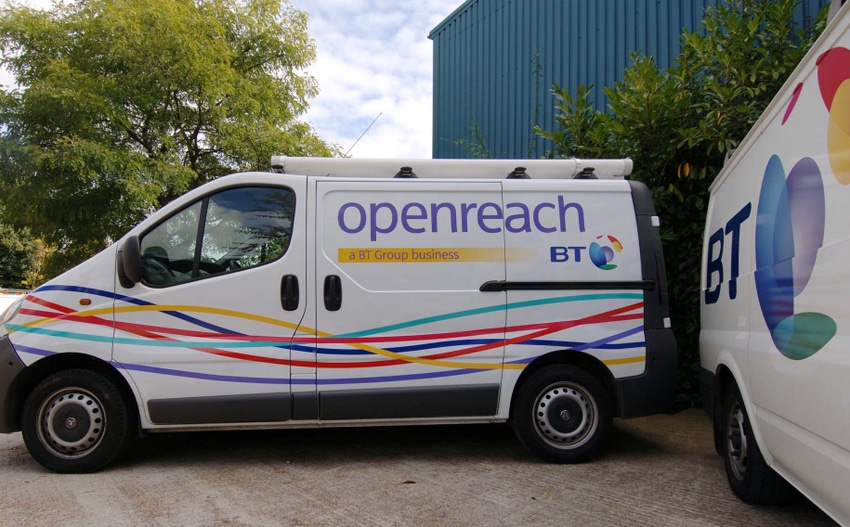Ofcom identifies 'issues' linked to Openreach independence
Ofcom is for the most part happy with the level of independence Openreach is showing, but there remain some issues with the UK network operator's position.
December 8, 2021

Ofcom is for the most part happy with the level of independence Openreach is showing, but there remain some issues with the UK network operator’s position.
The UK regulator on Wednesday published its latest annual report monitoring the independence of Openreach, as required as a result of commitments made by BT on the reform of its networks arm in 2017. Overall, all is well. Ofcom notes that Openreach continues to operate “with a high degree of strategic and operational independence from BT, as envisioned by the Commitments.”
However, it is clear that Openreach still draws complaints from the industry when it comes to its dealings with other operators – transparency remaining a bugbear for some, for example – but Ofcom’s not giving much away on that score and essentially expects the telcos to sort it out between themselves.
“As part of this year’s monitoring process, stakeholders have already highlighted a range of issues to us,” Ofcom said, providing a short lost of fairly general complaints. The issues centre around areas like the development of Openreach’s physical infrastructure access product and how it can evolve to meet the needs of network builders, and how Openreach can best work with other telcos “to ensure positive outcomes for consumers,” in, for example, the FTTP space. It also highlighted the level of transparency in Openreach’s forward-looking build plans, and clarity on the timing of the shutdown of the copper network as issues.
But it seems Ofcom’s job is merely to collate the issues, not to attempt to solve them.
“We encourage Openreach to continue to engage with its customers around these areas, working closely with industry to identify concerns and working collaboratively to overcome them,” it said. Or to put it another way, don’t come crying to me, sort it out yourselves. That is perhaps an odd stance for an industry regulator to adopt, but the clue is in the title: this is a monitoring report, after all.
Indeed, “we expect to report on progress on these and other areas highlighted by stakeholders in our next report,” Ofcom added.
In the current report Ofcom does identify a couple of issues that either could impact on Openreach’s progress and independence, or have already had an impact.
While the regulator identified that there are strong structures and processes within both BT and Openreach to ensure compliance with their 2017 agreement, it warns them not to lose sight of the commitments they made, particularly given that there have been a number of leadership changes at BT, including Adam Crozier’s arrival as the telco’s new chairman.
And Ofcom has its eye on Crozier. “Continued focus and vigilance will be required to ensure that progress made in recent years remains embedded and sustainable. We will monitor these developments closely,” it said.
The regulator’s report also highlighted the impact of the Covid-19 pandemic on Openreach’s operations. Essentially, it notes that both the network operator and its parent were hit by the pandemic – naturally – but it did not alter their relationship in any way.
Finally, Ofcom said it will expand the scope of its monitoring report to cover the full fibre market, following the publication of its new wholesale fibre rules earlier this year.
“In order to support our monitoring, we would encourage companies to bring any competition concerns to us that might otherwise risk undermining the development, and widespread availability, of competing full-fibre networks,” Ofcom said.
The next report could make for more interesting reading.
About the Author(s)
You May Also Like








.png?width=300&auto=webp&quality=80&disable=upscale)


_1.jpg?width=300&auto=webp&quality=80&disable=upscale)


.png?width=800&auto=webp&quality=80&disable=upscale)